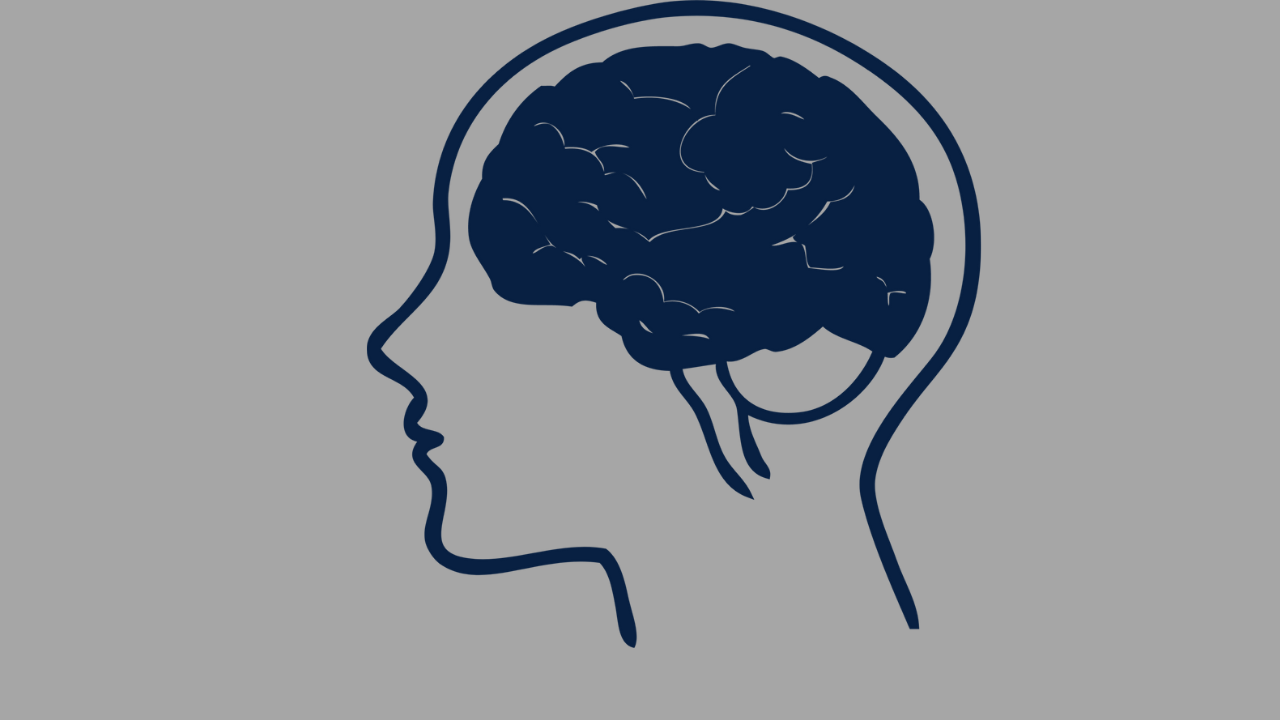The Neuroscience of Emotions: Understanding Your Feelings
Emotions are a fundamental aspect of human life, influencing our thoughts, actions, and interactions. Whether joy, sadness, anger, or fear, emotions shape our reality and dictate our behavior. But have you ever wondered what happens in your brain when you feel these emotions? Let’s explore the complex science behind emotions and their profound impact on our daily lives.
The Brain’s Role in Emotions
The experience of emotions is regulated by an elaborate system of interconnected brain structures, primarily within the limbic system:
Amygdala – This small, almond-shaped cluster is responsible for detecting emotional stimuli, particularly fear and aggression. It plays a critical role in emotional memory and rapid responses to threats.
Hypothala – This structure regulates physiological responses to emotions, such as changes in heart rate, hormone secretion, and body temperature.
Hippocampus – The hippocampus is essential for memory formation and helps us link emotions to past experiences and put our reactions into context.
Prefrontal cortex – This part of the brain plays an important role in emotion regulation, impulse control, and decision making. It allows us to process emotions rationally and regulate our reactions accordingly.
How neurotransmitters affect emotions
- Neurotransmitters, or chemical messengers in the brain, are crucial for emotion regulation:
- Dopamine – Often referred to as the “reward neurotransmitter,” dopamine is associated with pleasure, motivation, and reinforcement of positive behavior.
- Serotonin – Serotonin is a key player in mood regulation and helps stabilize emotions, control sleep cycles, and manage stress. Low levels are associated with depression and anxiety.
- Oxytocin – Oxytocin is sometimes referred to as the “bonding hormone,” oxytocin promotes trust, affection, and social bonding and plays an important role in relationships
- Adrenaline (epinephrine) – Released during stress or danger, it prepares the body for immediate action, increasing alertness and energy levels.
- Cortisol – Known as the stress hormone, cortisol helps the body adapt to challenging situations. However, prolonged high levels can lead to anxiety and health problems.
The Mind-Body Connection in Emotions
Emotions don’t just exist in the mind; they also have profound effects on the body:
Fear activates the fight-or-flight response, increasing heart rate and sharpening concentration.
Happiness triggers the release of endorphins, reducing stress and promoting overall well-being.
Sadness can cause a drop in energy and an increased feeling of fatigue.
Anger can increase blood pressure and lead to increased physical tension.
The Purpose of Emotions
Emotions serve important evolutionary and social functions:
Survival – Fear helps us recognize and avoid potential danger, while disgust keeps us from consuming harmful substances.
Social Bonding – Love, empathy, and gratitude promote strong relationships and group cohesion.
Decision Making – Emotions help with decisions by signaling risk and reward and influencing our judgment and actions.
Strategies for Managing Emotions
Recognizing and regulating emotions is essential for mental well-being. Here are some effective strategies:
Mindfulness exercises – Being present and aware of emotions without an immediate response can increase emotional resilience.
Cognitive reframing – Shifting negative thought patterns to a more positive perspective can reduce stress and improve mood.
Healthy Habits – Regular exercise, a balanced diet, and adequate sleep contribute to emotional stability.
Expression – Talking with a friend, journaling, or engaging in creative activities can help process and release emotions effectively.
Conclusion
Emotions are deeply rooted in brain function, evolution, and social interaction. By understanding the neuroscience of emotions, we gain valuable insights into how our minds work and how we can cultivate emotional intelligence. When we learn to manage our emotions in a conscious and controlled
way, we can live more fulfilling, balanced, and meaningful lives.




